Deutsch, we love you. But why are there 15 different ways to say meatball?
To aim to become bilingual or at least fluent in German requires for a lot of patience and acceptance of the fact that there are different words that have the same meaning.
It’s a struggle, but nobody said it was easy. Not only is the German language more complex compared to others due to its syntactic structure and vast lexicon, there is also the context-specific meaning of a certain term that varies concurring to when it is employed. German words in fact vary according to the language register or the region. So to avoid feeling like a stranger in a multiethnic nation as Germany, it would be advised to know, if not all, at least some of these variations. We have selected the ones referring to the culinary tradition – which, as we all know very well, is the meeting place of different cultures.
Pancake
If in Berlin you order Pfannkuchen, you won’t find yourself in front of some pancakes as in the rest of Germany, but doughnuts! In German there are exactly 12 different words whose meaning is pancake. So in Berlin we would have to ask for “Eierkuchen”, whereas in western Germany and at the borders with Switzerland we would have to order “das Omelett”, as similar to the French die Omelette. Around the area of Lipsia and the confine with Poland pancakes have yet a different word, and that would be “Plinse” or “Plinz”, whereas in Austria we might even meet someone that calls them “Pataschinke”.
Gingerbread man
gingerbread men – Gaetan Lee – CC BY 2.0
12 seems to be the lucky German number, for there are 12 different ways even to address Gingerbread men! Typically they would be called “Lebkuchenmann”, which appears to be the most common term also in Munich, Berlin and Hannover. In the south-western region however they prefer to call them “Weckmann” or “Weckmännchen” whereas in the north-west they would be “Stutenkerl”. In Austria gingerbread men are called Krampus and they represent a legendary creature, the punisher of children that misbehaved during the Christmas time. Around Stuttgart and Karlsruhe we would instead call it Dambedei. Our famous Gingerbread man may also be called in a different way according to the ingredients used to spice the cookie – a very common term even in Berlin would be Spekulatius, which derives from the belgian Speculoos (typical cinnamon Christmas cookies).
Meatballs
meatballs -SLT-A33 CC0
When moving to Germany one of the first things that stands out is the prevalence of meat in the menus, from sausages to meatballs. The most diffused term would be “Fleischkloß”, but in total there would be 15 different words that refer to meatballs! “Frikadelle” is very common in the centre and north-west areas of Germany, whereas “Fleischküchle” would be more common in the south-eastern region. In the areas of Leipzig and Dresden they would instead call them “Klops” or “Kloß”. A proper “berlinerisch” term would instead be “Bulette” or “Boulette” (again, the resonance with French is quite striking), whereas in Austria they would be “Fleischaiberl”.
“The heel” of the breadloaf
Breadloaf – pixel1 CC0
In english it is an ongoing debate: how to call the last (and first) bits of a breadloaf? “The butt”, “the heel”, the “devil’s elbow” or “duck bread” are variations, but Germans have more than 50 different terms! Here are some of the ones used in Germany: Kanten, Anschnitt, Kipf, Ranft/ Ränftchen, Knorze, Knust, Rankl, Krust, Kirshte and several others. In Switzerland they use a lot Anhau, Scherz, Mürggu, Mutsch, Chäppi, Houdi and Scherzerl is used also in Austria and in the south of Germany.
Hiccup
Mouth – RobinHiggins CC0
When you or friend will get caught by a hiccup, you can choose out of 25 words to address it! The first one that comes to mind is “Schluckauf” or even “Schluchzer”. In the regions bordering French and in the southern part of Germany they would prefer “Hädscher” instead. In Austria, “Schnackler” and in Switzerland “Hitzgi”.
Slippers
Slippers – Didgeman CC0
With “Hausschuhe” you can play it safe, for it literally means “house shoes”. But there are well over 10 different variations! “Pantoffeln” is common in Berlin and Hannover, whereas “Schluffen” is common in Rheinland and Frankfurt. “Bambuschen” is more common in eastern Germany, in Switzerland, instead, you may hear oftenly “Finken”.
Currently, Spiegel Online is taking an online survey on the use of the language variations in Germany. By taking this online test you too can contribute to the mapping of German variations in your region!
Cover picture: © Weisswurst – Thomas S. Pubblic domain
Are you getting intrigued by the German language or wish to refine your vocabulary? Then take a look at the German courses that Berlino Schule organizes!

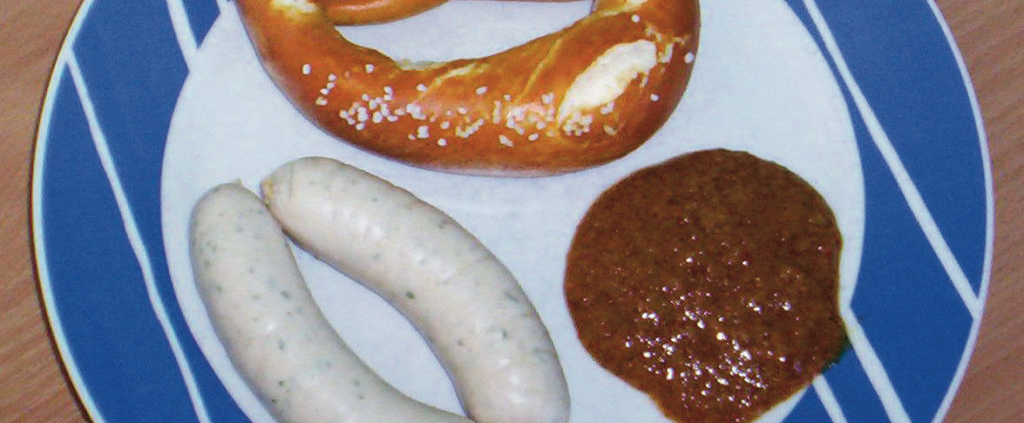






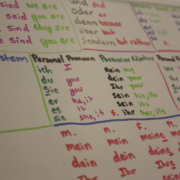
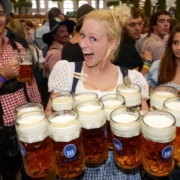
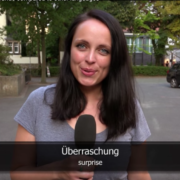
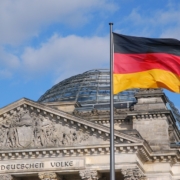

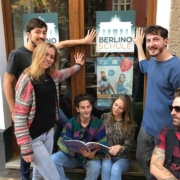





Dejar un comentario
¿Quieres unirte a la conversación?Siéntete libre de contribuir!